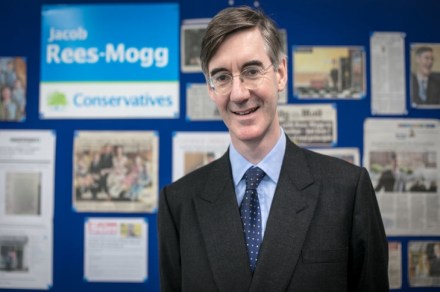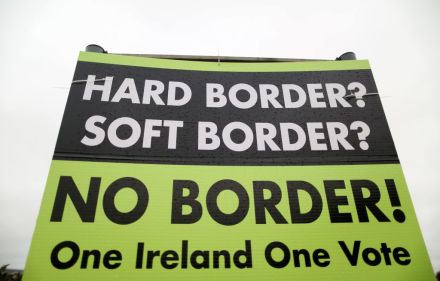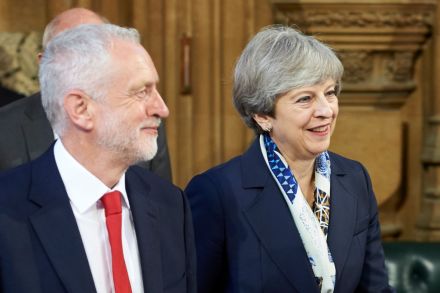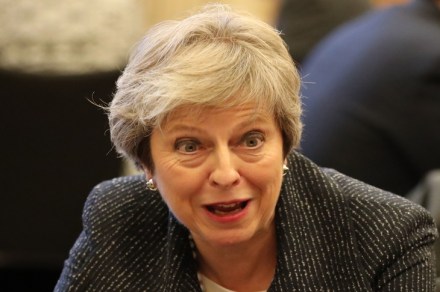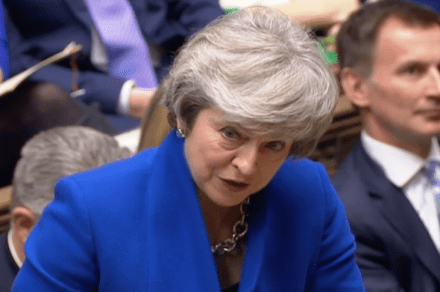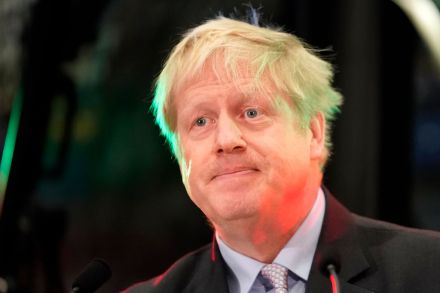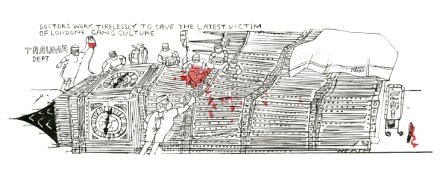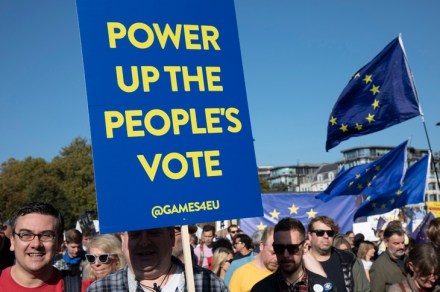Michel Barnier confirms Brexiteer fears
When Eurosceptic MPs voted down Theresa May’s Brexit deal last week, the hope was that this would send a strong signal both to the Prime Minister and Brussels that strong changes were needed if it were to have any hope of passing. The problem is that the scale of the defeat – by 230 votes – means that the changes Leave MPs want to see are not the changes that the EU has in mind. In an interview with the Luxembourg Times, chief negotiator Michel Barnier says that he does not believe the troubled backstop is ‘the central issue’. Instead, he believes the numbers for a Brexit deal can be
